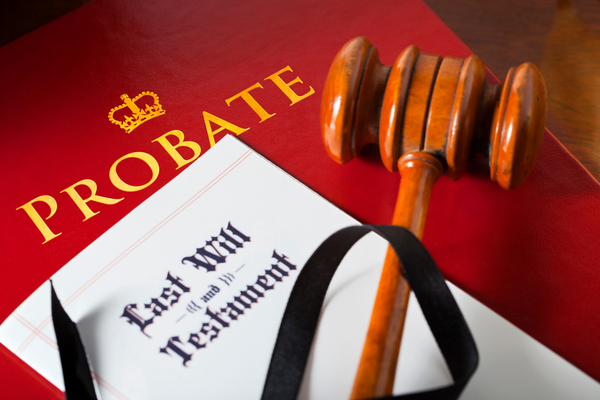
Probate in Georgia: The Basics
Probate (often referred to as estate administration) is the legal process that takes place after someone dies. Below is a brief overview of probate in Georgia.
Generally, probating an estate in Georgia involves:
- Determining who will manage the estate;
- Identifying the assets and debts of the deceased’s estate and determining which ones belong in the probate process and which do not;
- Paying off the debts and taxes owed by the estate; and
- Distributing the remaining assets as the will directs (or according to Georgia law if there’s no will).
If your loved one left a will, an executor would administer the estate. If they died intestate (without a will), the probate court would appoint an administrator to represent the estate.
Beneficiaries are people and institutions named in the will to receive property. If your loved one did not have a will, the property and assets would be given to heirs—people who, under Georgia law, are eligible to inherit the estate.
Basic Overview of the Process
Probate cases can vary widely depending on factors such as the size and diversity of the estate; the number of creditors, heirs, and beneficiaries; and the existence of disputes. Every estate, however large or small, will go through the same three basic phases:
#1 Appointment
This phase aims to get someone appointed by the court to represent and manage the estate as an administrator or executor.
#2 Administration
In this phase, the majority of the work is done to settle the estate.
#3 Discharge
The goal of this phase is to close the estate and ensure that the executor or administrator is protected from liability for things that happened while the estate was being administered.
Georgia Probate When There is a Will
There are four possible types of probate when there is a will:
1. Solemn Form Probate:
The petition to probate will in solemn form is used when the deceased has a will, and it is the most common probate petition. This probate petition’s sole purpose is to ask the probate court to determine whether the will filed by the petitioner is the last will and testament of the deceased.
2. Common Form Probate:
This is filed by the executor when all heirs are unknown and are inconclusive for up to four years following public notice of a death.
3. Probate of Wills in Solemn Form/Letters of Administration with Will Annexed:
This type of petition is filed when the executor named in the will is unable or unwilling to carry out the duty and names a new administrator (usually by agreement of a majority of the heirs).
4. Will Filed Not for Probate:
If there is no property to distribute to heirs, the will is filed with the court to create a permanent record, but no probate is carried out. There is no fee for this filing.
Georgia Probate When There is No Will
When a person dies without a will (“intestate”), there are three possible proceedings:
1. Permanent Administration:
Notice to all heirs is required. The spouse or sole heir becomes the administrator unless they decline or are disqualified; otherwise, the administrator is chosen by a majority of the heirs.
2. Temporary Administration:
Notice to heirs is not required, but heirs may choose an administrator who compiles the estate inventory. No expenditures or disbursements are made without a court order.
3. No Administration Necessary:
If all the estate’s debts are paid, no other administration is needed, and all heirs agree to the division of the estate, this is the form of probate used.
Contact a Georgia Estate Planning Attorney
In many instances, probate is necessary, even if a valid will is in place. Retaining the services of an experienced probate lawyer is invaluable in navigating the probate process as quickly and efficiently as possible.
We are happy to help you through probate for your loved one and make the process as easy as possible. Contact us today to schedule a consultation.
